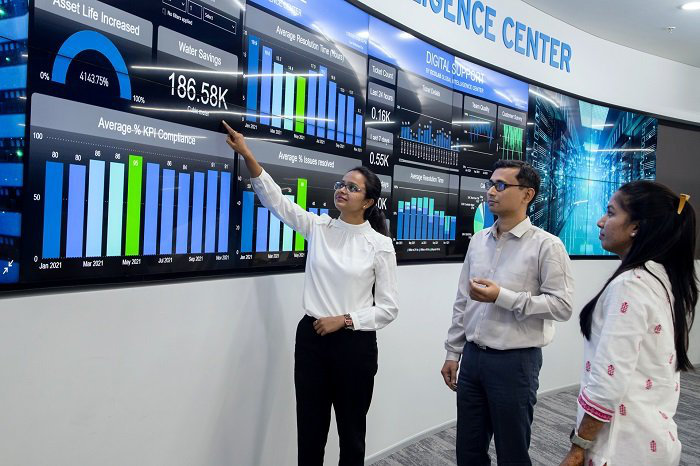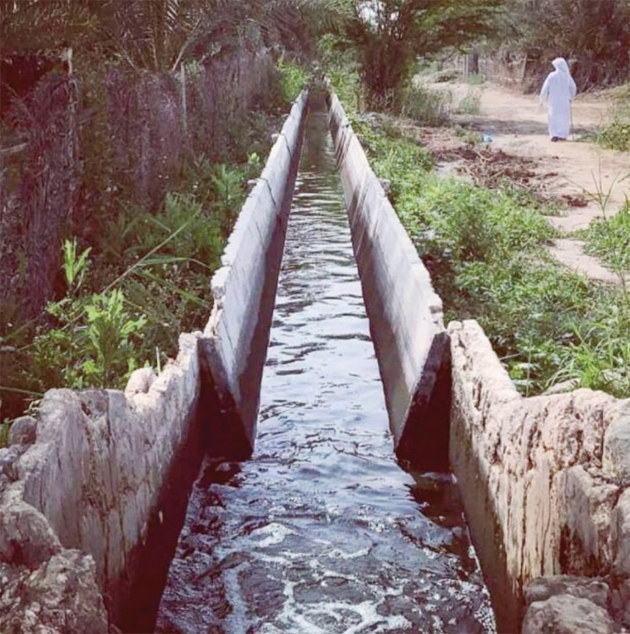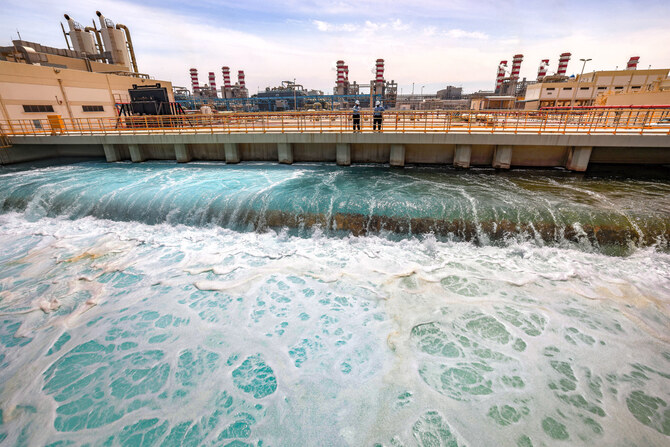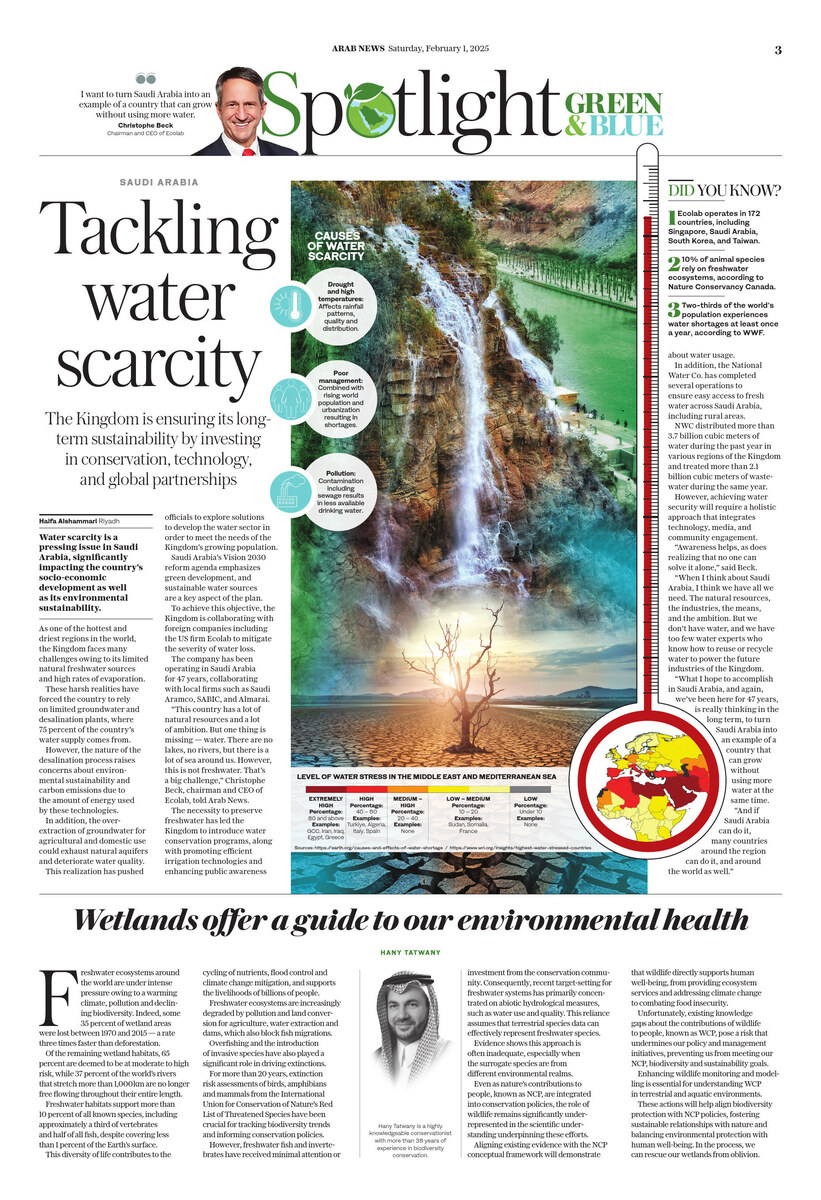Dr. Ahmad Alsinan has been head of strategic opportunities at NEOM’s deputy CEO’s office since September 2023.
Alsinan is responsible for strategizing, coordinating, and executing business opportunities. He leads a dynamic team, collaborates with internal and external stakeholders, and plays a pivotal role in shaping business opportunities, including investments, strategic partnerships, and alliances.
In 2022, Alsinan moved to NEOM as the head of strategy and business development at NEOM Mobility, where he led a multibillion-dollar scale partnership proposal to deliver the future sustainable mobility ecosystem at NEOM.
He played a pivotal role in closing a transformative $100 million joint venture deal with Pony.ai, a leading autonomous vehicle company, and led the green hydrogen mobility project deployment at NEOM.
He was also nominated as NEOM’s corporate representative on Saudi Arabia’s Governance and Regulatory Framework Committee for Modern and Future Mobility Enablement.
In 2020, Alsinan joined Aramco Ventures as a corporate venturing principal and head of sustainability investments, where he initiated and led global business deals related to hydrogen, e-fuels, GHG emission detection, energy storage, renewables, and carbon capture, utilization and storage. He also developed venturing strategies in the digital transformation domain.
In 2019, he became a senior scientist of technology development in the research and development carbon management division, leading the execution team of the Saudi Aramco-Hyundai strategic collaboration on hydrogen, non-metallics, and futuristic automotive technologies.
Alsinan’s professional journey began as a research scientist at SaudiAramco’s Research and Development Center, where he worked on computational modeling of three-phase crude oil separation processes.
He later moved to the technology strategy and planning department, where he conducted a study on oil to hydrogen techno-economic assessment and led the development of Saudi Aramco’s Oil to Hydrogen Strategy.
He also represented Saudi Aramco in the development of the National Hydrogen Strategy and led the sustainability business vertical in the National Circular Carbon Economy program under the leadership of Prince Abdulaziz bin Salman, the Kingdom’s minister of energy.
Alsinan holds a Ph.D. in mechanical engineering from the University of California at Santa Barbara, a master’s degree in computer science and high-performance computing and simulations from the University of Southern California, and a bachelor’s degree in software engineering from King Fahd University of Petroleum and Minerals.

































